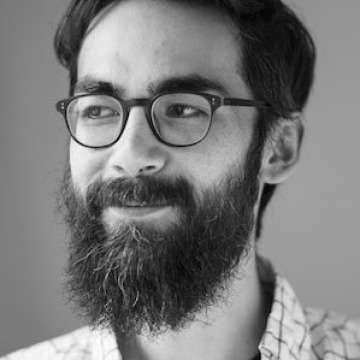by Justin Khoo
Take a closer look at conditionals, the building blocks of logic and reason.
Take a closer look at conditionals, the building blocks of logic and reason.

I am an Associate Professor of Philosophy at MIT. Before coming to MIT, I did my graduate work in philosophy at Yale and was an undergraduate at UC-Davis.
I work mainly in philosophy of language and philosophical logic, on topics that lie at the intersection of philosophy and linguistics. I also have research interests in metaphysics and meta-ethics.
Justin Khoo invites us to think about conditional sentences (“If P then Q”). Perhaps surprisingly, the question of what these sentences mean has vexed philosophers for thousands of years. In part one, Justin motivates the question and introduces one of the oldest answers to it, the material conditional theory.
Justin Khoo (M.I.T.) invites us to think about conditional sentences (“If P then Q”). Perhaps surprisingly, the question of what these sentences mean has vexed philosophers for thousands of years. In part two of the series on conditionals, Justin discusses some of the challenges facing the material conditional theory.
In part three of the series on conditionals, Justin (M.I.T.) picks up where part two leaves off, introducing an alternative theory of conditionals: the strict conditional theory. According to the strict theory, conditionals express necessary connections between their antecedent and consequent. Justin shows how this theory avoids the problems facing the material conditional theory. However, the strict theory turns out to face a similar problem of its own!
In this video, Justin Khoo (MIT) picks up where part 3 left off. He introduces the Conditional Assertion Theory of conditionals, which aims to resolve the problems presented for the other theories of conditionals. In the end, Justin presents yet another problem for this radical new theory.